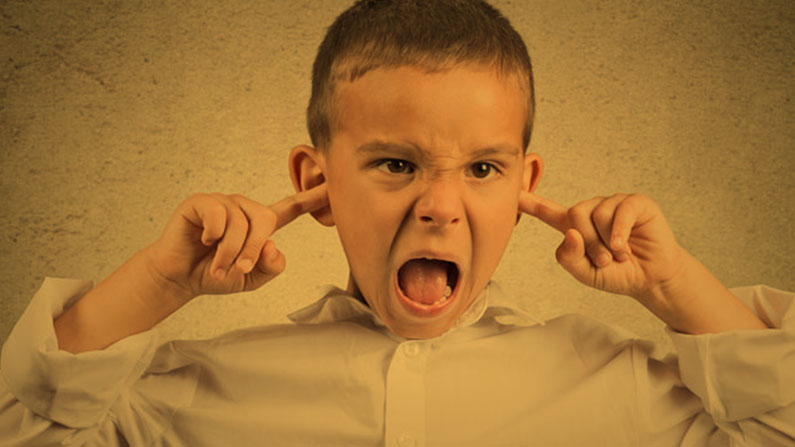When children grow up with no respect for authority figures, the ramifications are dire to say the least. Disrespectful children become adults with serious social problems. Our overcrowded prisons are a testament to just one of the consequences of kids who don’t respect the people around them.
The time to start teaching a child respect is when they are young. Even toddlers can learn the basic elements of respect. Remember, respect begins at home.
Be an example.
Your child is watching everything you do – and imitating it. It is your responsibility as a parent to be an example for them. If they see you interrupting others, yelling, ignoring, or cursing others they will assume that that is natural behavior for adults. The first way a child will learn to respect authority figures is to witness his parents respecting authority figures.
Respect your child.
Even children deserve respect. They need to be respected as people, but it is also how they learn to respect others. Acknowledge your child’s feelings and try to avoid saying negative things that attack them on a personal level. When correcting, direct your correction to the behavior; it is the behavior that is wrong. A child is not bad or stupid or a problem – those attacks are personal and should not be a part of discipline.
Set consequences for disrespectful behavior.
Draw specific lines for behavior and set consequences. Make it clear that you will not tolerate disrespectful behavior and devise an age appropriate punishment for it. Sit down with your child and draw up a list of disrespectful behaviors and assign punishments. For instance, interrupting a conversation may result in the child having to spend a few minutes in time out. Talking back or yelling at an adult may mean that the child has a special toy taken away.
Use positive reinforcement for respectful behavior.
Just as you use punishment to discourage bad behavior, using praise to reinforce good behavior. When your child shows respect or does something respectful, be sure to thank them and praise them. It doesn’t hurt to brag about them a little to others. Use the situations to open up meaningful conversations that are learning opportunities.
Be consistent.
Consistency is the key to teaching any behavior. When your child knows you will be consistent, they will know you mean business. Being consistent means that you can’t let even one infraction go. It can be exhausting, but you have to stick with it even when you are tired or having a bad day or just don’t feel like it – and you must be consistent in when you respond as well as how you respond. If you are having a bad day, it doesn’t mean that you can discipline more harshly – another good reason to have your list.
Children need respect. They need to learn it, receive it, and give it. It is vital to their growth as adults who function effectively in society.




